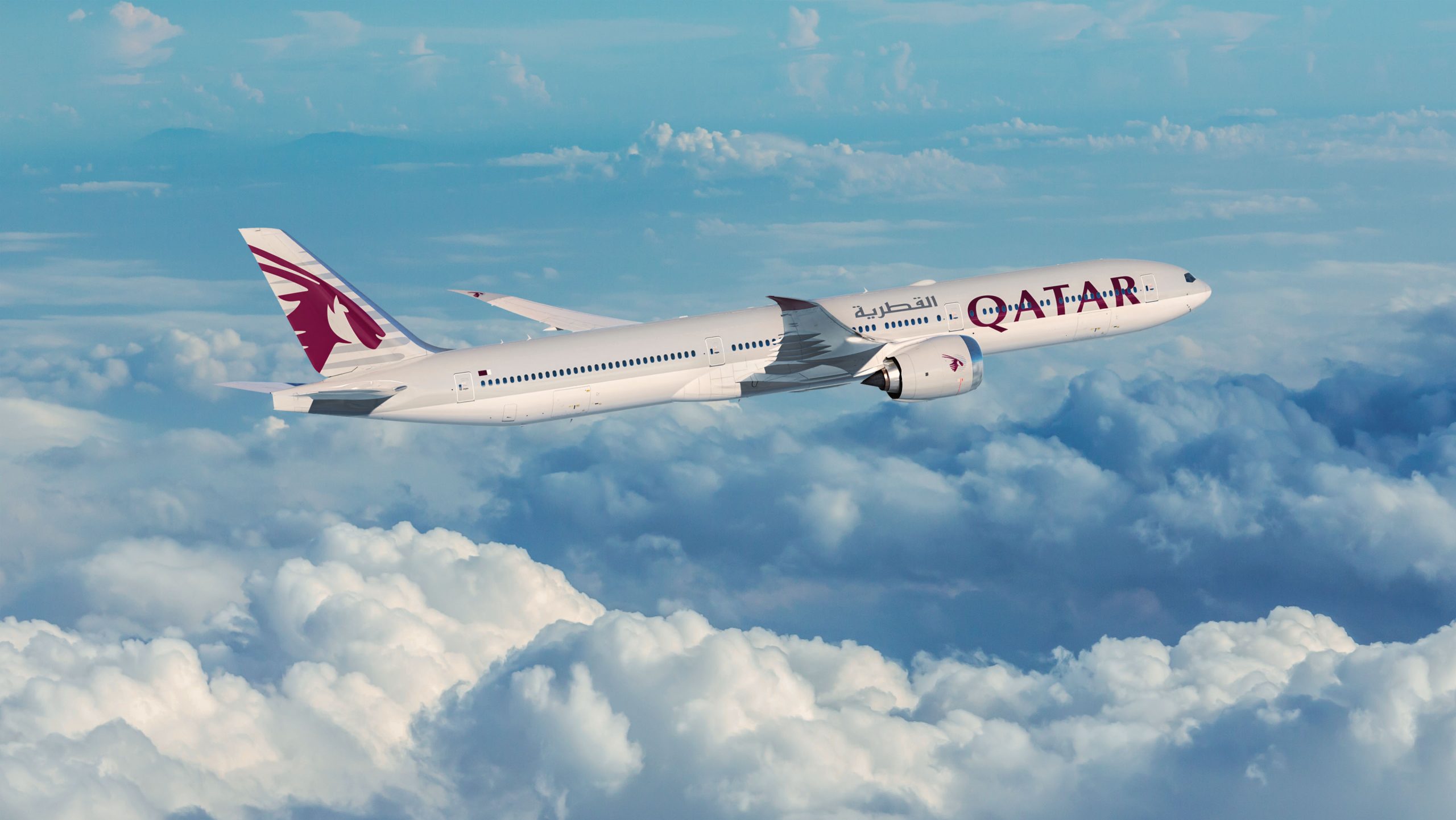
High salaries and low petrol prices means that a trip to pumps in Qatar takes a smaller bite out of motorists’ wallets than nearly anywhere else in the world, according to a recently released survey.
Fuel prices in Qatar are heavily subsidized by the government, with retail prices frozen at QR1 (US$0.27) for a liter of “super” and QR0.85 ($0.23) for a liter of “premium” petrol. That’s among the lowest prices on the planet and puts Qatar more or less in the middle of GCC countries. Petrol is cheaper than in the UAE, where it costs the equivalent of approximately $0.47 per liter, but more expensive than the $0.16 paid by motorists in Saudi Arabia.
But when compared to average salary of Qatar residents, local petrol prices are the most affordable among 19 countries surveyed by the vehicle sales website Carmudi.

The company said a liter of petrol in Qatar costs an average of 0.07 percent of a resident’s average daily salary. That’s less than the 0.1 percent in Saudi Arabia and 0.28 percent in the UAE.
At the other end of the scale, the average Congo resident can work an entire day and still not make enough money to purchase a single liter of petrol. According to Carmudi, pump prices in the African country average the equivalent of $1.51 a liter, outstripped the average daily earnings of $1.34.
Subsidy reforms
While energy and fuel subsidies are beloved by most Gulf residents, economists frequently deride them as an inefficient way of using the region’s natural resources wealth to enrich the lives of citizens. Subsidies are also criticized for being a drag on government finances and encouraging the over-consumption of water, electricity and fuel.
That causes environmentalists to cringe, but delights some motoring enthusiasts.
“Fuel prices in the oil-wealthy Middle East … (make) it the best place to own a gas guzzler,” Carmudi said in its report, according to Gulf News.
Even when oil prices were high and governments in the region were flush with cash, ministers in Oman and the UAE spoke about the need to cut subsidies in the GCC.
“You will never have a strong economy if you are subsidizing,” UAE Energy Minister Suhail Al Mazrouei told reporters in June 2014, according to Bloomberg. “In consumption of electricity, we are two to three times the global average, and we are not happy about that level.”
Last year’s collapse in oil prices renewed calls by the International Monetary Fund for the countries in the GCC and broader Middle East and North Africa region to reform their subsidy schemes.

However, little action appears to have materialized. Bahrain, which has been among the countries hit hardest by lower prices, said in May that it would cut subsidies for expats but did not give any timeline for implementing reforms, Reuters reported.
The newswire quoted a government minister as saying that the Gulf state planned to allow prices to rise and would give cash payments directly to Bahraini citizens, but not foreigners living in the country.

In 2014, Qatar raised diesel prices for the first time in three years by raising the price from QR1/liter to QR1.5 for local companies, and QR1.8/liter for joint ventures.
However, the move was interpreted by some as an attempt to reduce the volume of fuel smuggling out of the country, rather than an effort to reduce subsidies.
Thoughts?







